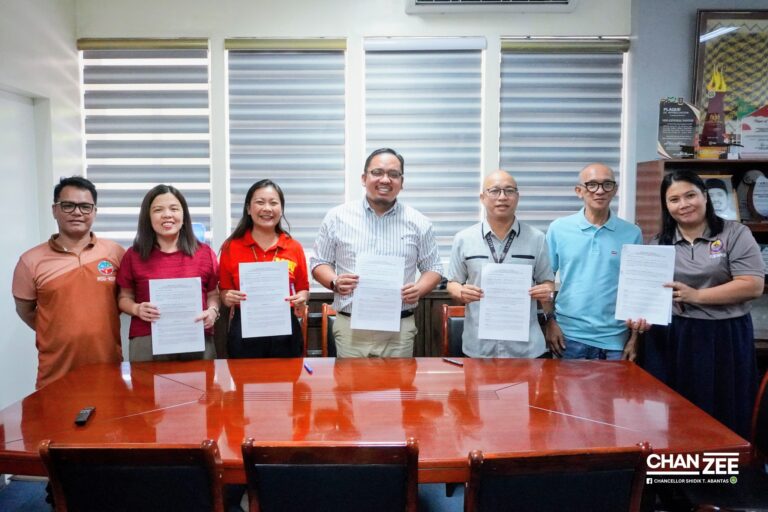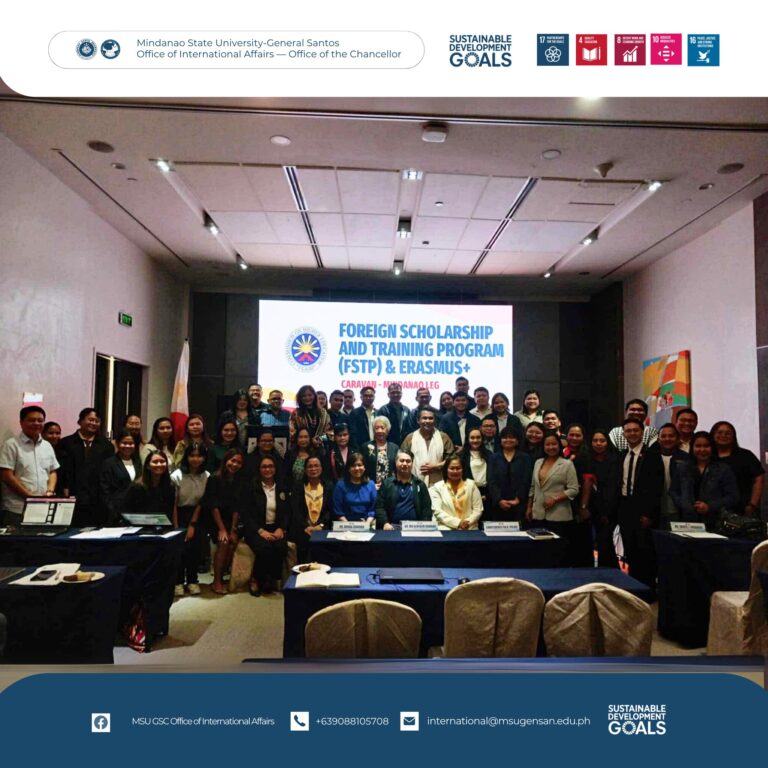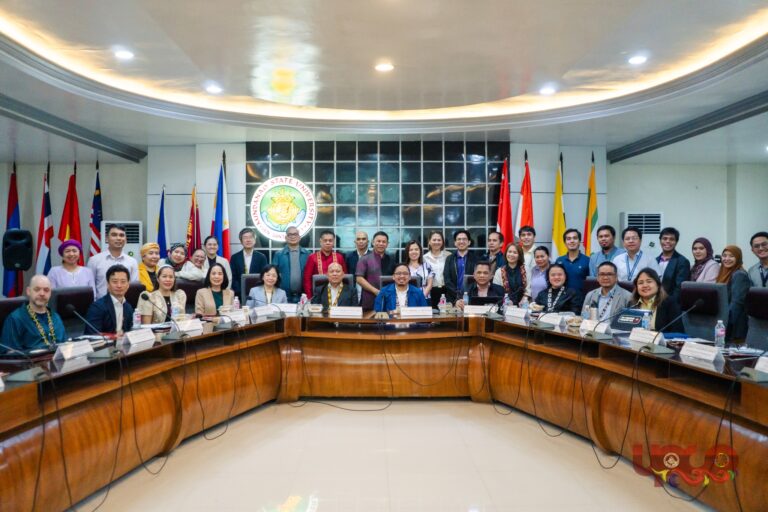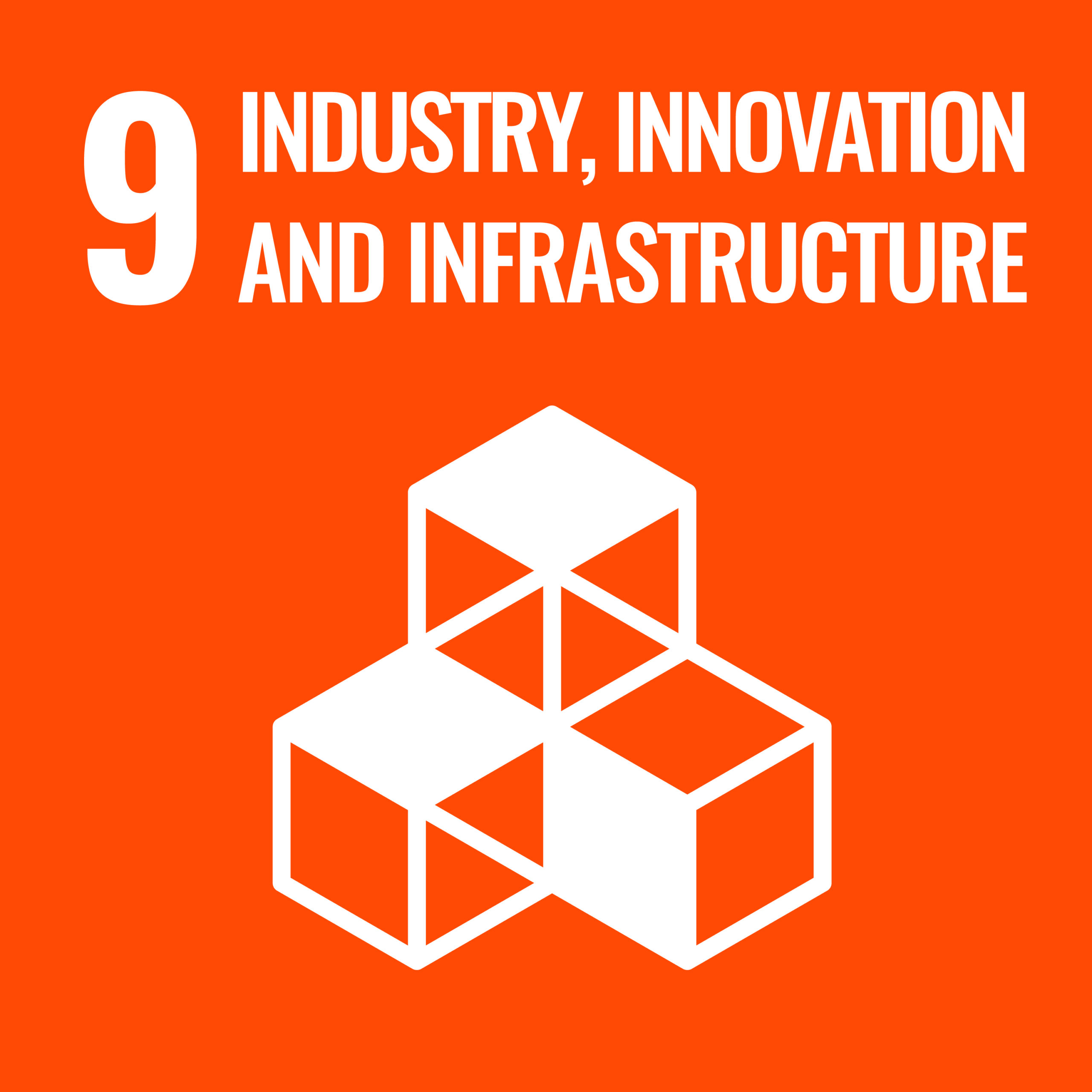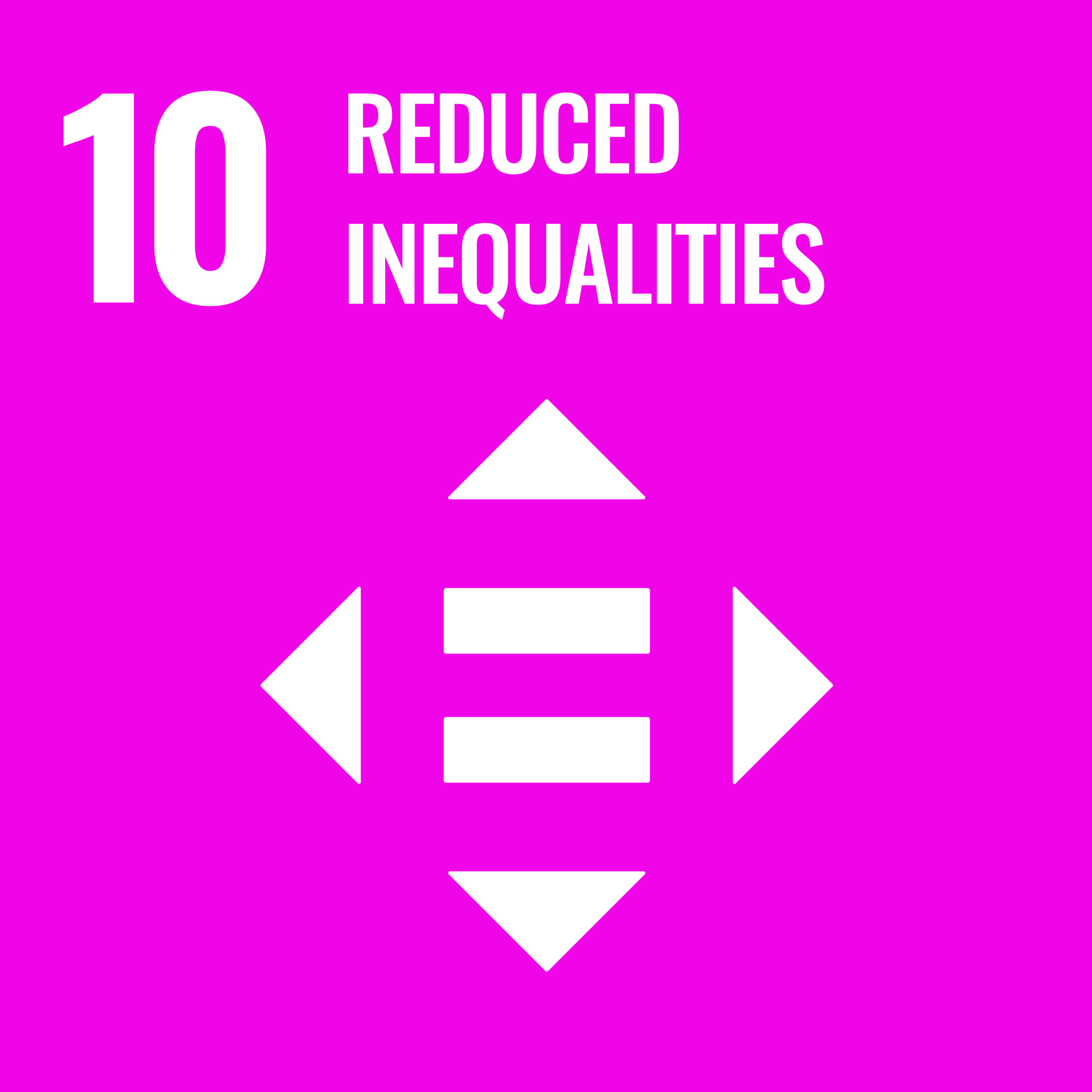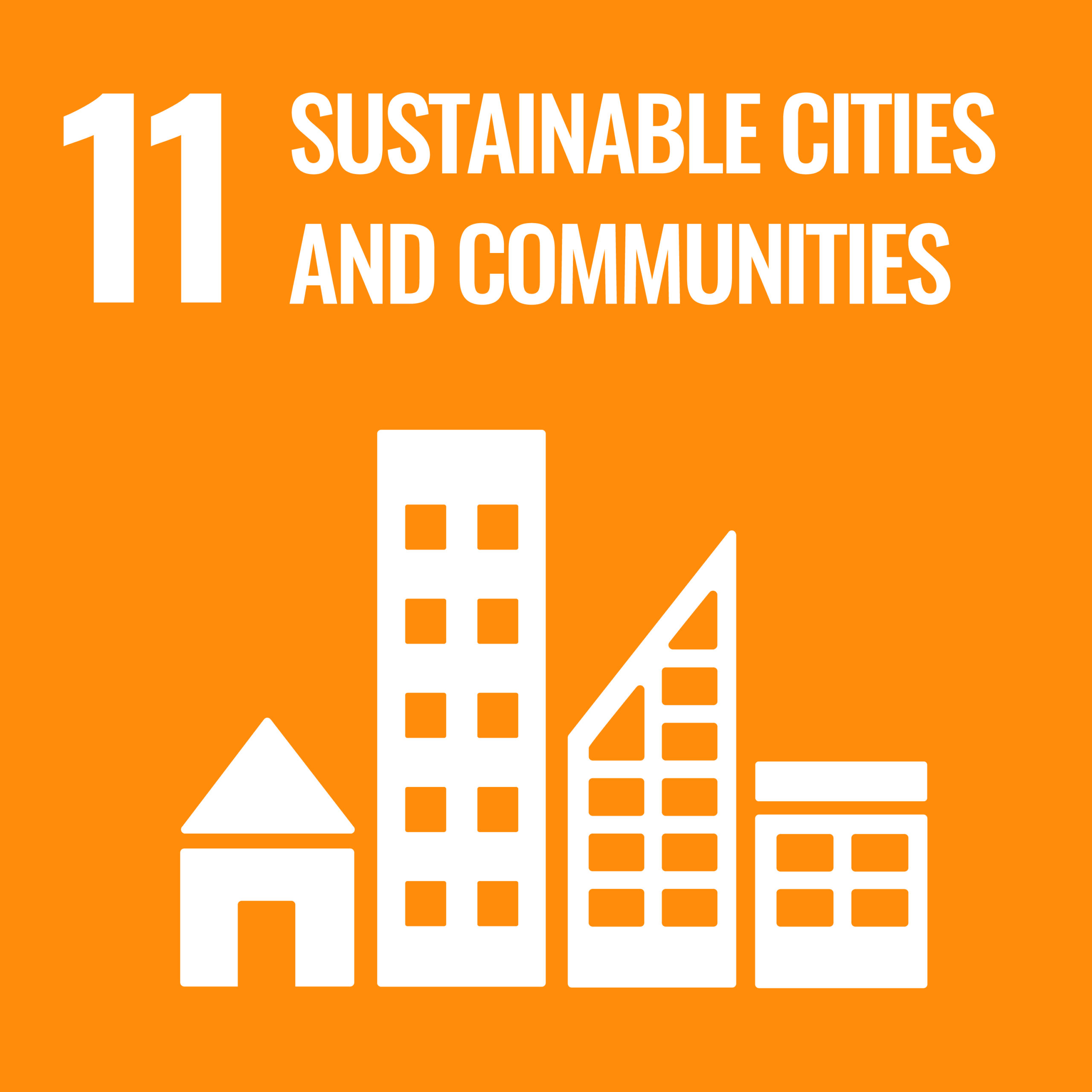In a major step toward sustainability and energy efficiency, Mindanao State University – General Santos has unveiled its new Solar-Powered Learning Hubs, designed to provide students with environmentally friendly study spaces while advancing the university’s commitment to clean energy.
The initiative, spearheaded by the Office of the Chancellor in partnership with the College of Engineering and Technology, includes the installation of rooftop solar panels on select study halls and libraries across the campus. Each hub is equipped with solar-powered lighting, charging stations for laptops and devices, and ventilation systems—all running on renewable energy.
Chancellor Atty. Shidik T. Abantas, MDM, LLM, highlighted the significance of the project during the launch ceremony on June 20, 2025. “This is not only an investment in infrastructure but an investment in our students’ future. By demonstrating the practical use of clean energy on campus, we are educating the next generation to prioritize sustainability in all fields,” he said.
Dr. Aljon Perez, Dean of the College of Engineering and Technology, explained that the project also serves as a living laboratory for students enrolled in renewable energy courses. “Our students are directly involved in system design, installation, and maintenance. This is applied learning at its best—bridging theory and practice while promoting SDG 7,” he noted.
The project was funded through the university’s Green Campus Initiative, with support from local government units and private sector partners committed to advancing renewable energy solutions in Mindanao. Beyond reducing the campus’s carbon footprint, the Solar-Powered Learning Hubs are expected to save the university significant energy costs annually.
Student leaders also welcomed the development, citing improved study conditions, reduced power outages, and a meaningful contribution to global sustainability goals. The Supreme Student Council (SSC) has pledged to support similar projects in other colleges.
As MSU-General Santos continues to champion sustainable development, the university’s leadership reaffirmed its goal of becoming a model for clean energy adoption in higher education institutions across the region.


